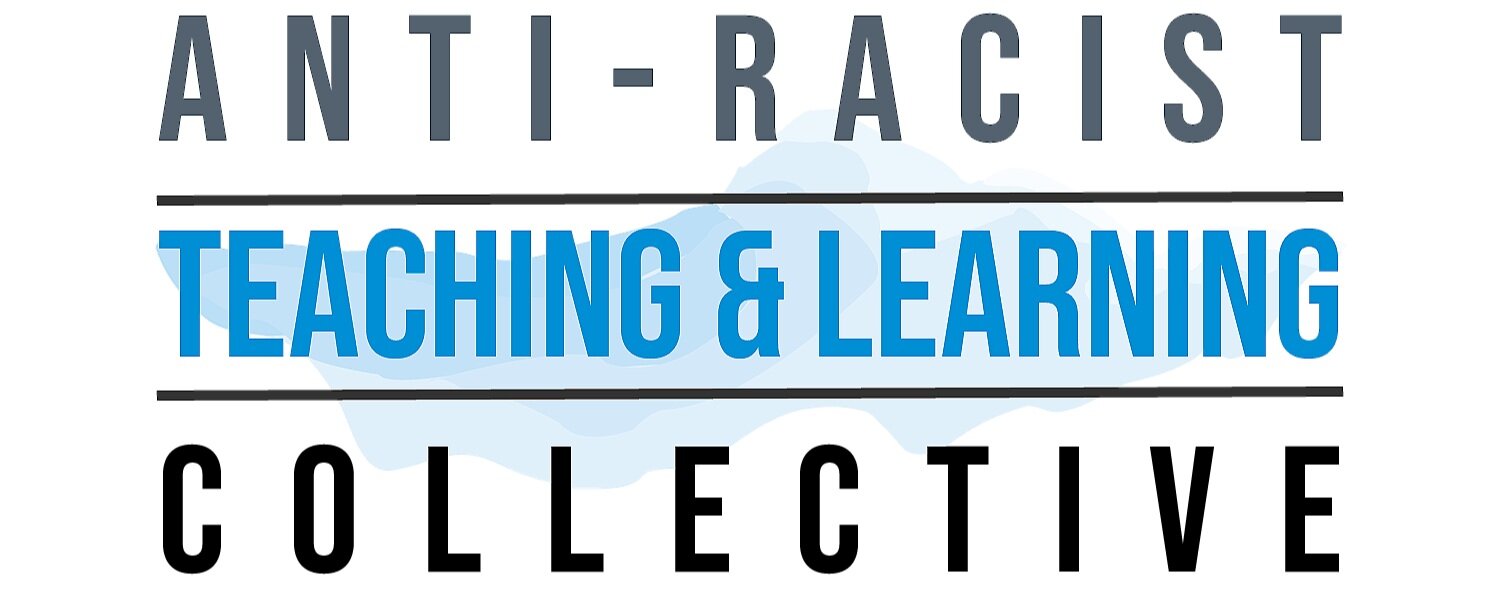Sara Goldstein-Stoll: Reflections on Teaching Amidst the Pandemic
Sara Goldstein-Stoll is a 1st Grade Teacher at Clinton Avenue School in New Haven.
None of us teachers could have predicted much of what was to happen the first day of virtual learning this year. But perhaps my biggest surprise was at the end of the exciting yet awkward first day of school. One of my first graders unmuted their microphone and, with a huge smile, said, “I hope everyone is safe and stays healthy and has a good night!” Then, my other students brightened, started smiling and waving back, and unmuted their microphones to share more well-wishes for their brand-new classmates before signing off.
Stories like this have defined this unprecedented school year. We have had many moments of students unmuting their microphones randomly throughout the day to share how much they love “school.” In the midst of stresses such as families struggling with childcare, homelessness, working multiple jobs without proper PPE, and/or entire families at home full-time without an income, my little ones love coming to school. For them our online classroom community means attention, love, and affirmation. My favorite way one of my students expressed this enthusiasm was a loud declaration mid-lesson: “I love school, I love my teachers, and I love learning!”
Moments like these have increased in frequency; my students run back early from their bathroom breaks to show each other their dogs and newborn siblings, discuss what they see out of the windows of their different homes/shelters, and teach each other how to spell their names. It took a while to get here, as they began the year unsure of what to talk about or how to engage each other. But with encouragement, they have started initiating conversations with classmates they have not yet talked to and are forming a community where they all feel important and valued, not only by their teachers but also by each other. This has been my greatest success as a teacher this year.
THIS SCHOOL YEAR IS NOT “NORMAL.” I wish our leaders would recognize that. What our students need is a community where their voices are heard and lifted up. This necessitates a focus on social emotional learning that goes beyond the “grade-level” math and literacy standards. Students’ lived experiences are not taken into account when we focus on academic achievement at the exclusion of their current mental health needs. When we ignore these needs, we contribute to the white supremacy coursing through the veins of the public education system in this country. The best thing we can do for students is focus on social emotional learning and ensure they feel seen and heard. As I strive to implement an anti-racist pedagogy, my role is to listen, encourage, and affirm my students, thus tailoring our classroom environment to their specific needs. This interrupts the racist cycle of white people being in power and setting arbitrary educational norms that are misaligned with the needs of the BIPOC community.
This is a year to take care of each other, to support our communities, and simply to spread love. I am proud of my first graders for doing exactly that.
Teachers and students: If you’re interested in contributing a piece about your teaching and learning experiences in the classroom, please contact jason.j.lee@yale.edu
